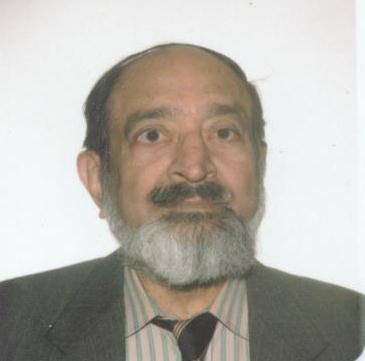Repression is an invasive force that has the potential to occupy every corner of civic and political space. It is a total system, whose rules, mandates, and customs can corrode or even dominate nearly every facet of human existence. Herein lies a glaring weakness: repressive systems can only become more dominating, and eventually, so unbearable as to provoke increased resistance against it. As Professor Michael Nagler, (Metta Center), notes:
"Once a state commits itself to a repressive posture, it's going to have to intensify the violence and repression in order to uphold it, and at some point the repression will reach an intolerable level."
In the context of a nonviolent struggle, the Paradox of Repression often plays out when a regime cracks down on a nonviolent movement, and as a result the nonviolent movement gains in strength as many more civilians rally to its cause. For instance, Gandhi's campaign for Indian civil rights in South Africa gathered exponential momentum when the regime passed dehumanizing anti-Indian laws known as the Asiatic Registration Act or Black Act in 1907.
Governance must be guided by a philosophy and ethic of environmental sustainability for all life
(7) Distributive Justice The principle or set of principles explaining what justice requires when some good (or bad) is distributed amongst persons. The general requirement of distributive justice is suum cuique, to each his or her due; but this does not yet explain how we should determine what is due to a person. Common bases for this calculation are needs, rights or entitlement, and desert. Hence what is due to a person would depend, respectively, on level of neediness, on rights or similar claims already possessed, or on desert. All three notions need further elaboration, and desert is especially open to interpretation. (The concise Oxford Dictionary of Politics)
(Note: You can view every article as one long page if you sign up as an Advocate Member, or higher).





